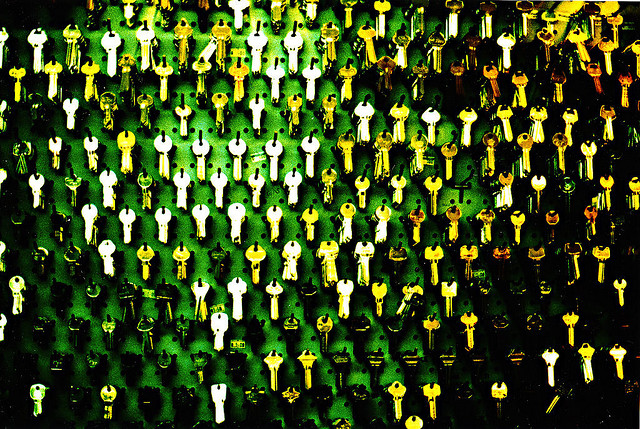
Given the increasingly digital nature of human rights communication, the importance of encryption for human rights work is escalating. Understanding the possibilities and pitfalls of encryption are key to using it successfully, while not understanding encryption can generate unprecedented risks for human rights work. Amnesty International and CGHR have invited a number of scholars and practitioners from the human rights community to a one-day workshop in dialogue with scholars and practitioners working on the rapidly-evolving technical, legal, and political aspects of encryption.
The aim of the workshop is to foster knowledge exchange between participants with an eye to uncovering the central opportunities and risks for human rights work as well as potential areas for collaboration. The discussion will be guided by the following questions:
- Technical:
- What are the key features of encryption?
- How is encryption currently available to the average user?
- Who develops and owns encryption services?
- What is the future of encryption?
- Can encryption be banned?
- Are backdoors just for the "good guys" possible?
- Legal/political:
- What are the precedents for encryption law?
- How does the law vary internationally?
- How do political discourses about encryption correspond with the law and with the actual requirements of security agencies?
- What is the history of states' intervention/interaction with the development and use of encryption?
- Are encrypted communications really essential for criminal investigations?
- How does encryption sit with the human rights framework?
- Human rights practice:
- Who is using encryption, and how?
- How is encryption understood?
- What are the priorities areas for incorporating encryption?
- What is encryption enabling/preventing?
- What are the risks of a lack of encryption?
Image: 'Manufactured security,' cc by Kris Krüg.
